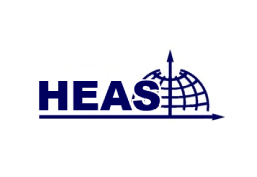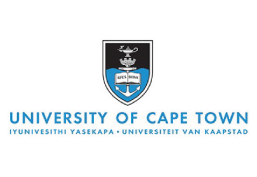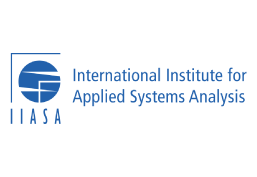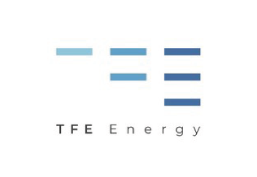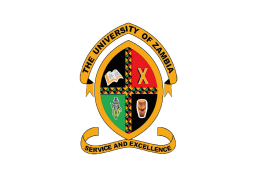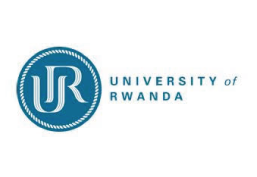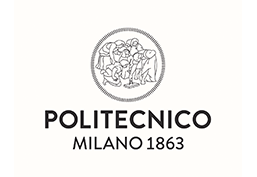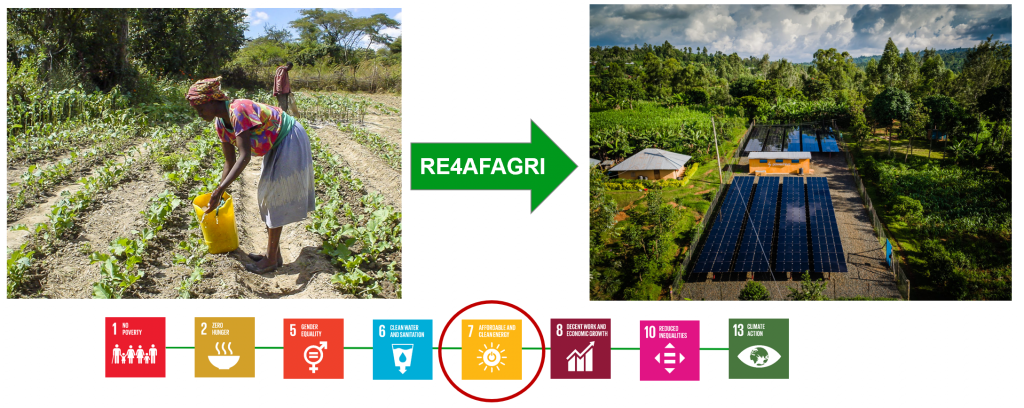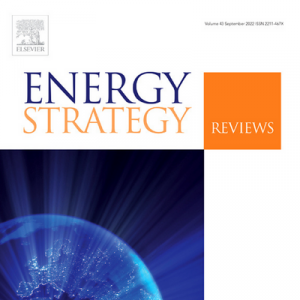RE4AFAGRI : Workshops on tools for planning, scenarios and policy analysis of the water-energy-land nexus for equitable development in rural Africa.
News Re4afagri
RE4AFAGRI and World Resources Institute ...
Continue →The LEAP-RE project RE4AFAGRI (Renewable...
Continue →During the first half of 2022, RE4AFAGRI...
Continue →RE4AFAGRI at work to grant community-wide access to energy services and water to sub-Saharan African smallholder farmers (LEAP-RE Pillar 2)
News Re4afagri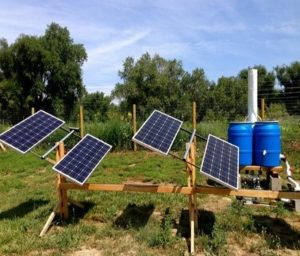
RE4AFAGRI seeks to support the sub-Sahar...
Continue →
